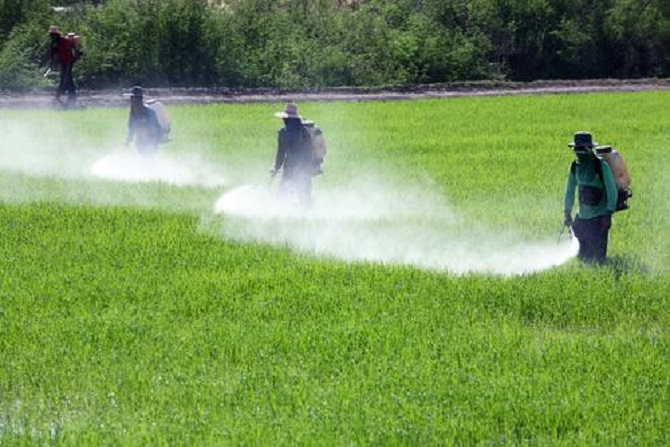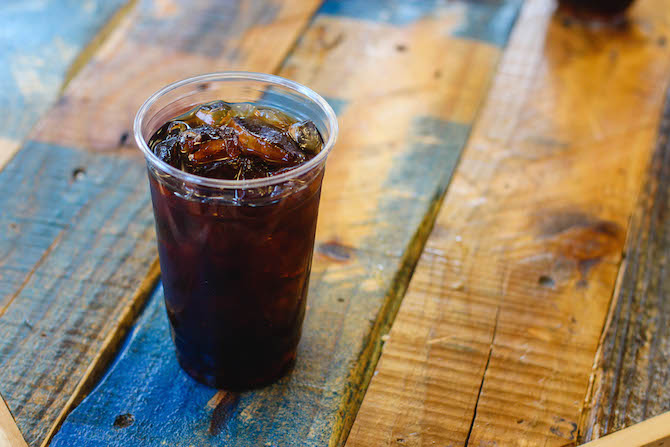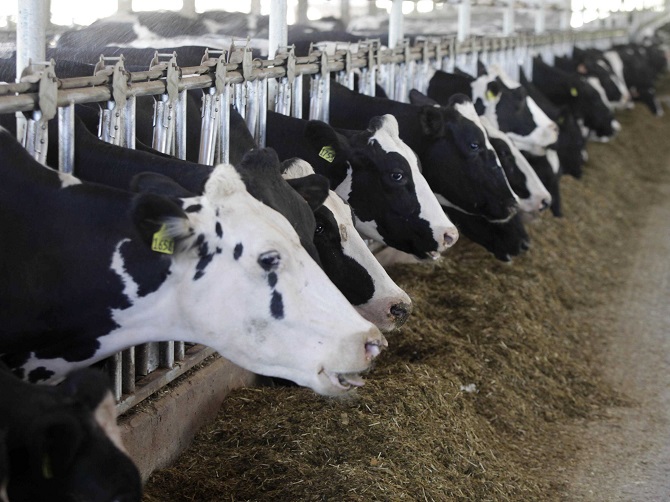Why can you get a burger for a dollar at McDonald’s, but the hamburgers at your grocery store cost more? Is the price of a hamburger amount of beef really $1, and the grocery store marks up the price? If not, how can McDonald’s get the price so low? True cost accounting is a way to measure the true price of food.
Basically, true cost accounting is the idea that the price of a product should reflect not only the cost of production, but also the environmental and human health costs incurred in making that product. This means that the price should include the good care of its human producers, the environmental impact of pesticides used in mass-produced crops, the implications of the endangerment of animal species, and the cost of the health repercussions, just to name a few.
This is more or less the opposite of the current food system. Today, producers sell the cheapest products possible, but take shortcuts in worker’s pay, the care of their land, and the quality of the food produced. If food producers were held accountable for all incurred costs, our food system would turn on its head.

Photo courtesy of medicaldaily.com
Even if our food prices don’t reflect the other prices we are paying, we can see them in the costs for health treatments. The costs for diabetes are approximately $1.7 trillion, and the bill for cardiovascular disease is almost $15.6 trillion. Both of these illnesses are closely linked to the food we eat.
True Price has taken on the task of calculating the real cost of food products using true cost accounting. One thing they calculated this way that we can all relate to is conventional versus sustainably grown coffee.

Photo by Victoria Romulo
A standard 250g pack of conventionally grown coffee, with a current retail price of $2, would have a true price of $5.17 according to true cost accounting. The price of a 250g pack of sustainably produced coffee would be $4.58. With sustainable methods improving in efficiency and yield, it just gets better, with the price of this sustainably produced coffee expected to reduce to $3.79 by 2018.
Another relevant example was shown in a recent study in New Zealand, showing how a pint of milk is actually way more expensive than you might think. Milk companies shrug off the cost of things like cleaning up waterways and healthcare bills resulting from antibiotic resistance. Often the government helps clean up their mess.

Photo courtesy of reinner.com
Although this makes production prices minimal, and therefore market prices low, it has detrimental effects on the environment and our personal health. The lack of accountability unfortunately is making industrial farming and food production more profitable than sustainable agricultural approaches.
How can true cost accounting become a reality? It would require support and commitment from policy makers if the market was to be restructured in such a way that human and environmental implications were accounted for. Awareness of this possibility, and later, advocation for, is the first step. For now, buying fair trade, using CSA bags, and visiting farmer’s markets is the best effort we can make.
To learn more about true cost accounting, check out organizations working to raise awareness including True Cost Accounting, Sustainable Food Trust and True Price.

